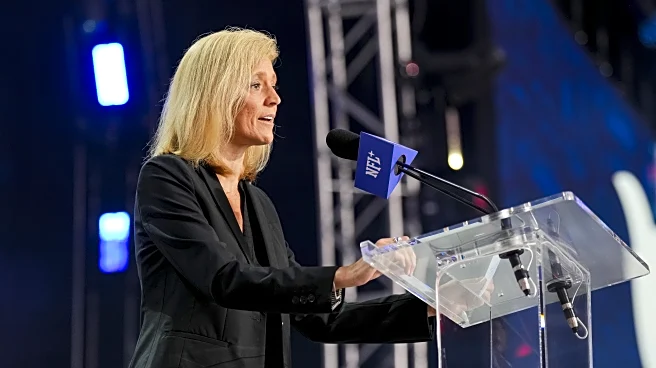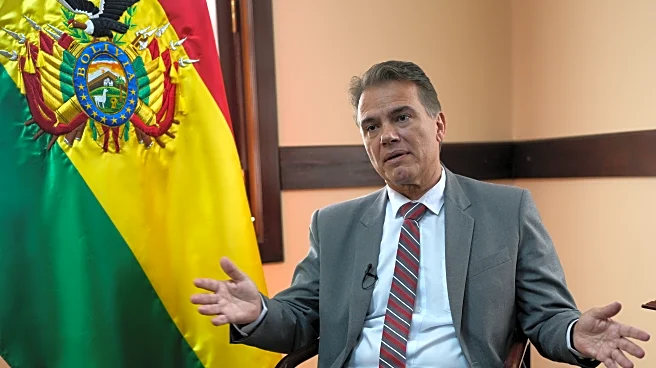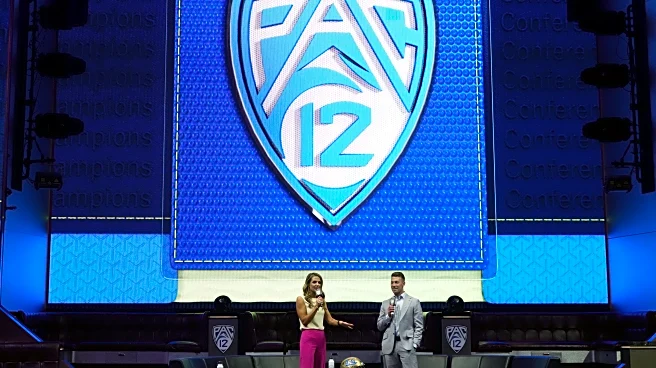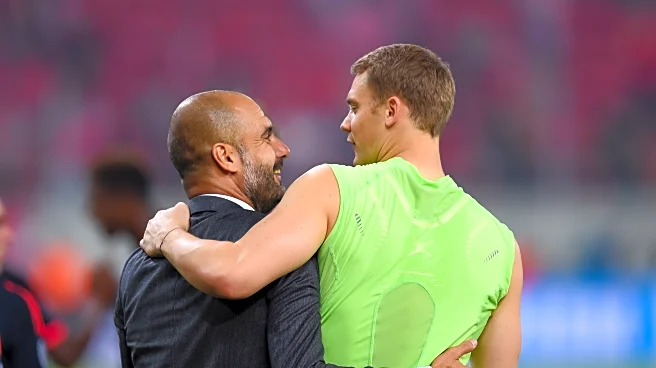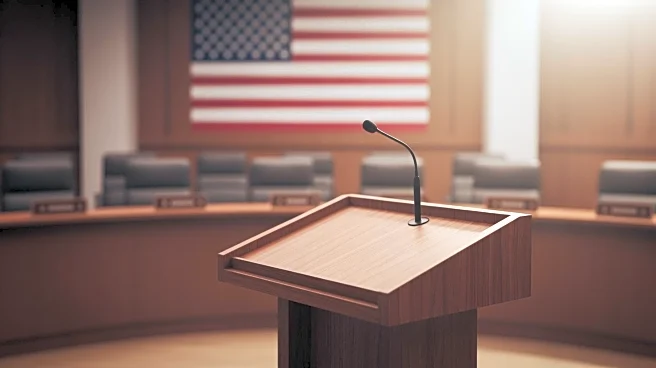What's Happening?
The United Nations Security Council (UNSC) is currently engaged in discussions regarding the establishment of a peacekeeping force in Gaza. This initiative is part of a broader effort to maintain peace following the recent Israel-Hamas conflict. However,
the specifics of the force's responsibilities and operational framework remain undecided. Israeli officials have expressed skepticism about the potential deployment of an 'official UN force' to monitor the ceasefire, highlighting concerns over sovereignty and the effectiveness of such a mission. The discussions are taking place against the backdrop of ongoing reconstruction efforts in Gaza, led by the United Nations Development Programme (UNDP), which is assessing damage and planning for rebuilding.
Why It's Important?
The establishment of a peacekeeping force in Gaza is significant as it could play a crucial role in stabilizing the region post-conflict. For the United States and other international stakeholders, a successful peacekeeping mission could enhance diplomatic relations and demonstrate a commitment to multilateral conflict resolution. However, the skepticism from Israeli officials underscores the challenges of implementing international peacekeeping efforts in politically sensitive regions. The outcome of these discussions could influence future UN peacekeeping missions and set precedents for international involvement in regional conflicts.
What's Next?
As the UNSC continues its deliberations, key decisions regarding the mandate, composition, and rules of engagement for the proposed peace force are expected. The reactions from major stakeholders, including Israel and Palestine, will be critical in shaping the final agreement. Additionally, the international community will be watching closely to see how these discussions impact broader peace efforts in the Middle East. The success or failure of this initiative could have long-term implications for regional stability and international diplomatic strategies.
Beyond the Headlines
The debate over a UN peace force in Gaza highlights the complex interplay between international diplomacy and national sovereignty. It raises questions about the effectiveness of multilateral interventions in conflict zones and the role of international organizations in enforcing peace. The situation also reflects broader geopolitical dynamics, including the influence of major powers in the Middle East and the challenges of achieving consensus in international forums.



